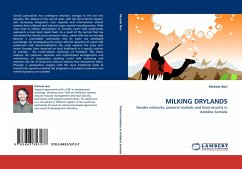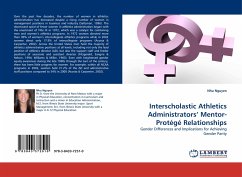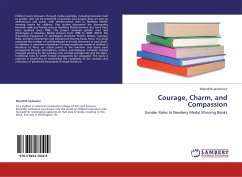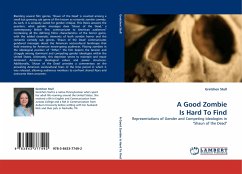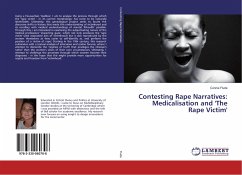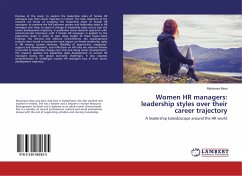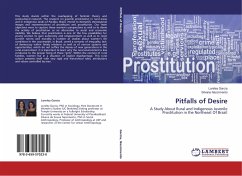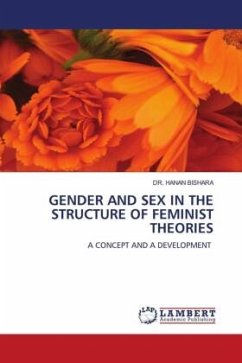Somali pastoralism has undergone dramatic changes in the last two decades; the collapse of the central state, with the fall of Barre's regime, and increasing integration into regional and international market systems have reflected and induced major societal reconfiguration. With more than 6 million dromedaries in Somalia camel milk traditionally represents a main local staple food. As a result of the turmoil that has remoulded the Somali socio-economic fabric, camel milk has increasingly become a marketable commodity and its trade has developed accordingly. By investigating the nature and the dynamics of camel milk production and commercialisation this work explores the ways such recent changes have impacted on local livelihoods in a specific portion of Somalia - the north-eastern territories of Puntland. This thesis explores the extensive networks and sophisticated arrangements and mechanisms of cooperation enabling camel milk marketing and examines the set of social and cultural relations that characterise them. Through a comparative analysis with the more traditional trade of livestock the dynamics behind the integration of pastoral economies into market dynamics are unveiled.
Bitte wählen Sie Ihr Anliegen aus.
Rechnungen
Retourenschein anfordern
Bestellstatus
Storno

